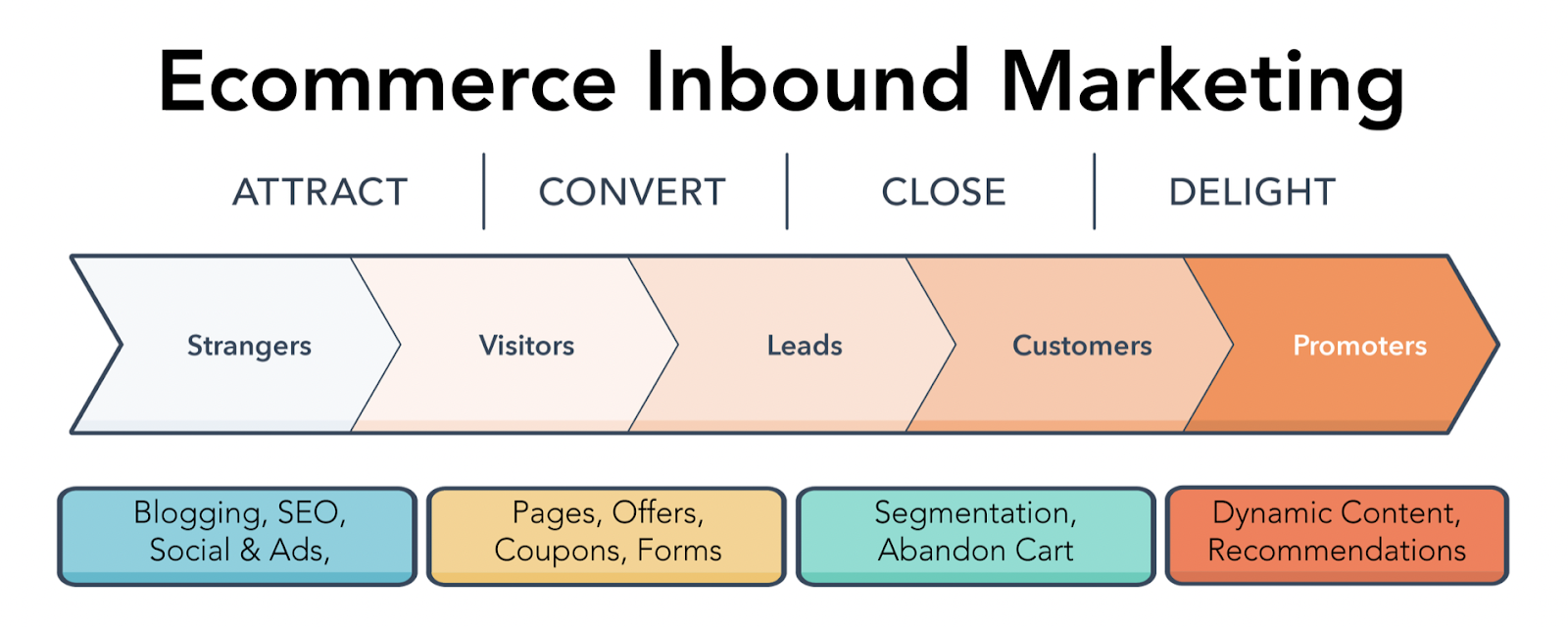-
Digital Marketing
We help you to use your digital potential. For a strong positioning, more visibility and more leads.
Get Growth ready
With the BEE.Transformance model, we bring continuous and profitable growth to your company. A new mindset for your team.
Industries
We transform your challenges into opportunities through the experience we have gained from projects in these industries.
-
HubSpot Services
As a HubSpot Diamond Partner, we help you implement your digital growth strategy with a focus on performance - by implementing and integrating new and existing systems as well as 3rd party apps.
HubSpot Thought Leader
As a HubSpot Diamond Partner with +50 certifications, host of the HubSpot User Group Zurich, HubSpot Trainer and HuSpot User Champions, you have access to in-depth HubSpot expertise.
HubSpot Solutions
The BEE.Theme offers you more creative freedom than any other theme on the market. Whether you're a beginner or a professional, a creative mind or a digital agency - with the BEE theme, you can easily unleash the maximum power for your pages in HubSpot CMS.
-
BEE.Blog
Knowledge around digital marketing, digital sales, technology, data intelligence and employees.
Knowledge Base
Pure knowledge: everything essential concentrated, compact, digitally prepared for you and ready to download.
What is inbound?
The most effective way to successfully combine digital marketing and digital sales.
-
BEE.Team
The BEE.Performers: many different characters - with one thing in common: the fascination for a digital world.
References
More than 100 large and small companies have already started with BEE: to more visibility, more performance, more growth.
Invest
Participate in the growth of BEE and become part of the BEE Growth Story by purchasing Digital Share Tokens.
We're hiring
Become a BEE.Performer! Are you ready for your own transformation?
Why Your Company Really Needs Digital Analytics
It's 2020, and markets are expecting 2.05 billion digital buyers to be making their purchases online. For companies looking to thrive in the ever-growing digital landscape, understanding the data that their business generates through online platforms is crucial.
In the past, marketing teams undertook promotional and advertising activities with restricted means of proving their return on investment (ROI). Getting feedback and gauging the driving force behind a lead's decision was time-consuming, and the results were often ambiguous. Nowadays, we have the tools to generate useful data that allows us to understand how buyers are engaging with our campaigns and whether the strategies we've implemented are helping to convert leads into sales at the speed and volume we require.
Fast, accurate, and measurable data allows marketing teams to make swift adjustments to their campaigns, tweak their targeting strategies to hone in on the right audience, and, ultimately, provide better customer experiences (CX).
So, what do we mean by digital analytics?
In the context of modern marketing, the term digital analytics refers to how users engage and interact with your website or social media platforms, the demographics relating to your buyer personas, the conversion paths they follow, and other data that helps to map out your customer's journey.
Tools such as Google Analytics provide insights into your website's activity. Using sophisticated APIs, Google observes traffic on your website, telling you where it's sourced from, what devices visitors are using to browse your website, which pages they are viewing, and what content is drawing the most attention.
Web analytics rely on cookies (small pieces of data attached to each visitor’s browser) to track the user's session and identify them when they return in the future. Over time, you'll generate a reliable overview of user behaviour. This information can then be used to optimise your website and locate any pages or calls-to-action (CTAs) that aren't performing as well as you'd like.
If we delve even deeper into digital analytics, we begin to see how the figures help us to quantify the leads acquired from the overall traffic we've received, the conversion rate of those leads, and how the sales funnel is performing from awareness through to decision stage.
When using social media platforms such as LinkedIn, Facebook, and Instagram, you gain access to analytics around customer demographics and the interactions they have with your content and advertising. This data is usually presented in helpful charts and graphs that help you to understand engagement over a specific period of time.
If you're trying to build up your email subscriber list, then you'll want to pay attention to open rates; this is the number of recipients who clicked and opened your email. If your email included CTAs, then you'll be interested in the click-through rate(CTR) – the percentage of individuals who clicked on your CTA.
Why you need digital analytics
Investing blindly in the growth of your brand will not lead to the desired success. That's why your website and content plan must be subject to continuous improvement. As your market evolves, so do your buyer personas. To ensure that you are always one (or more) steps ahead of the competition, you need to make fact-based decisions.
Digital analytics can be used to determine smart key performance indicators (KPIs): specific, measurable, accepted, realistic and timed. In turn, this information promotes better alignment between your sales and marketing teams; they get a clear view of how their combined activities are helping the company achieve its goals
Inbound marketing relies on analytics to help marketers formulate customer-centric sales funnels that attract high quality leads to the business. Having reliable data also means that you can predict and prevent churn or abandoned shopping carts by finding out where your engagement strategy may be falling short. In the long term, these efforts can help with retention as your customers remain interested and invested in your brand, simply because you take the time to listen and create the content they're interested in.
This new visibility will help your company to adopt a growth mindset. Since your teams can now see how their efforts contribute to the success of the business, they'll be more willing to embrace new technologies and upgrade their skills. When everyone is using the same tools and working towards the same KPIs, it becomes easier for your business to grow. What's more, your customers will benefit from better service delivery as the data will enable your teams to make real-time responses to any changes in the market.
The true impact of digital analytics
Today, it is not enough to have a great idea, you also need a suitable budget. By implementing measurable strategies, your stakeholders will gain the necessary confidence in allocating budgets for sales and marketing. Digital analytics make it easier for teams to be accountable and motivated to perform at their best.
According to statistics, 84% of marketers cannot prove that their initiatives contribute to the business. 78% of eCommerce leaders could not understand why customers were discouraged by their website. These figures are, understandably, concerning. To stay competitive and get the most out of your marketing budget, paying close attention to the analytics and making proactive and strategic decisions will help your business to scale effectively and sustainably. In short, if you're not studying the digital information that's readily available to you, you're likely to lose money.
It's time to move away from the stereotypes. Marketing isn't just that fluffy department that spends time on colourful ad campaigns and promotional material. Inbound marketing activities are, indeed, measurable and can certainly prove their ROI with the help of digital analytics. To learn more about how you can start measuring your marketing performance, click here (only in German). If you'd like to speak to a BEE specialist about developing a customised inbound marketing strategy for your business, get in touch with us today.
Comment
Related Posts

Successful campaign reporting with HubSpot Analytics
Romy Fuchs | 26 May 2022
When your boss asks about the success of the last marketing campaign and requests to see the figures, you might ask yourself the following questions: How do I prove the ...
reading time: 8min
Zum Blog

Influencer Marketing Tools To Get You Started
Lanny Heiz | 18 Feb 2021
The power of influencer marketing remains a dominant force in 2020. The internet has created niche hubs of consumers, centred around recognisable figures who affect ...
reading time: 8min
Zum Blog

How to Use HubSpot for E-commerce
Katrin Zimmermann | 12 Jan 2023
EU consumers have embraced e-commerce — in 2021, 74% of internet users shopped online, indicating that more and more people are taking advantage of the convenience and ...
reading time: 6min
Zum Blog
